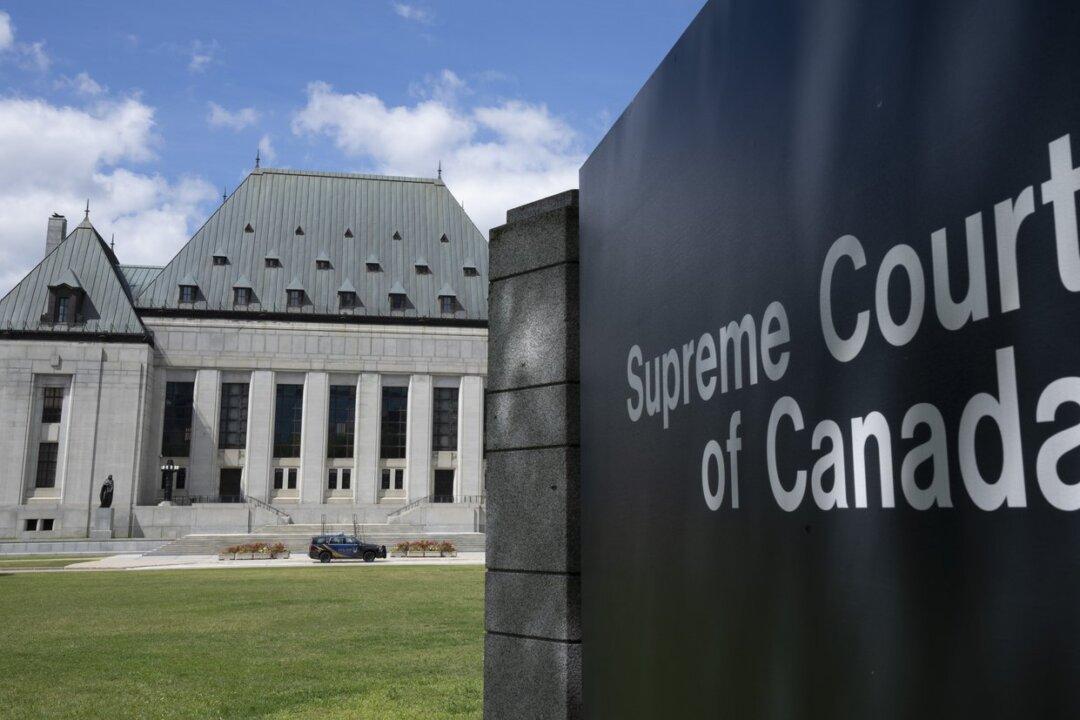A pact with the United States to control the flow of asylum seekers across the shared border is constitutional, Canada’s highest courtruled in a unanimous decision Friday.
The Safe Third Country Agreement, which came into effect in 2004, recognizes Canada and the U.S. as safe places for potential refugees to seek protection.





